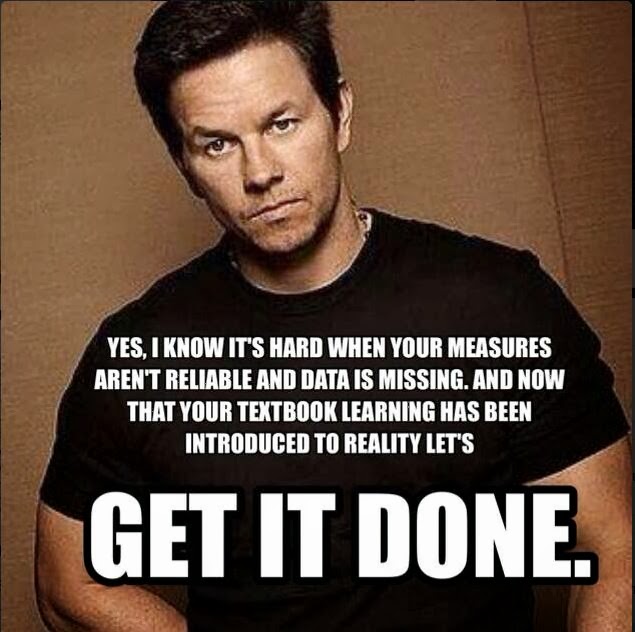Secretary
of Defense Hagel has delivered the Fiscal Year 2015 Department of Defense
budget preview. The budget proposes
cutting back on the active duty U.S. Army and the elimination of some weapons
systems. And yet, in the face of fiscal
realities the proposal has been castigated in a manner that is recognizably
more about opposition to Barrack Obama than it is about any challenges to U.S.
security created by the cuts. So, let me delve into this issue and give you my two cents worth.
Several
complaints have been aired about cutting the U.S. Army to about 440,000 active
duty personnel and about cutting weapons systems like the A-10. The cuts would bring the active duty army as
close to pre-WWII levels as it has been, well since pre-WWII. By the way, the U.S. Air Force was part of
the U.S. Army until 1947, so the number 440,000 is actually nearly twice as
large as the ground force of the U.S. Army in 1940, and the cut represents only
125,000 active duty personnel from a total force structure (active, reserve,
guard) over 1 million strong. Did anyone
notice that the U.S. Marine Corps remains about ten times larger than it was in
1940?
Wow,
the A-10 is impressive to watch as it shoots the heck out of stuff. The massive cannon tears stuff up and wow, we
really love seeing metal shredded. The
U.S. Air Force tried to give the A-10 away to the U.S. Army about 20 years
ago. The Army wouldn’t take it if the
Air Force did not also throw in the costs of maintaining this high maintenance
Cold War relic. The A-10 exists today
because it gives visibly rewarding performances in air shows, not because it is
a necessity for close air support of ground troops. (Full disclosure moment--I love this airplane, looks cool, sounds cool, rips metal to shreds, but...)
I,
however, do not think that cutting troops and weapons systems represent a
negative for our country on two grounds: fiscal responsibility and grand strategy. For a moment let us talk reality, fiscal
reality. The Department of Defense
through regular budgetary spending and contingency spending spent over (U.S.)
$610 billion in 2013, representing about 17% of the U.S. government’s total
spending. Estimates are that personnel
costs (pay, benefits, retirement, uniforms, food, and housing) are about 70% of
the cost of military spending in the U.S.
So, if we want to reduce military spending, the reduction of military
personnel is a logical place to start.
Fiscal responsibility means we cut everything except absolute necessity
and required debt payments. Look at your
own family; can you be more fiscally responsible in your own budget? Sure, we do not quit feeding the kids, but do
I have to feed them by trips to the steakhouse, fast-food take-out, etc. or can
I go to the store by groceries and make dinner at home? The same required services from government
can be provided without spending more money in many areas, and particularly in
the area of national defense.
What
exactly does the military exist for in our society? Arguably, based on the thinking of the
Founding Fathers of the United States, the military exists to help provide the
common defense and promote the general welfare.
Our country’s first major military expenditure was on naval
force—necessary to protect and promote commerce, useful for the projection of
force. As modernization of systems of
government and economic life progressed in the 1800s and early 1900s militaries
took on the additional role of protecting favorable balances of power for
states competing to be the most powerful in the world. By fortune, and proper use of force (both
economic and military) the U.S. emerged from WWII as one of the predominant
powers in the world. By appropriate
focus of energies during the Cold War the U.S. emerged as the predominant power
in the world in the early 1990s. At that
point in time the balance of power was most advantageous to the U.S. What strategy should be chosen at that point
in time for survival and maintenance of this advantageous balance of
power? How should the U.S. prepare to
face future challenges to the balance of power?
These questions should have been answered, but were not, with the U.S.
opting instead to be an arrogant overlord.
Instead
of choosing a strategy, we chose to use force to solve every situation we faced
that did, or might at some point, have adverse effect on the security and power
of the U.S. Reduction of the force
structure and removal of weapons systems will force us to look at these
questions realistically in terms of what can be accomplished with a force that
is shaped in part by being fiscally responsible. Perhaps we might find ourselves more willing
to engage in buck passing and offshore balancing. We can and should get other states to promote
their own security. We can and should
get other states to act in their own interests and piggy back on those efforts
if they match our own interests. And, we
may have to let some struggles be lost, because they simply do not rise to the
level of threatening our advantaged position in the world. If we act in this manner, we do not need the
large standing military and can concentrate our resources on dealing with real
issues at the domestic level.

